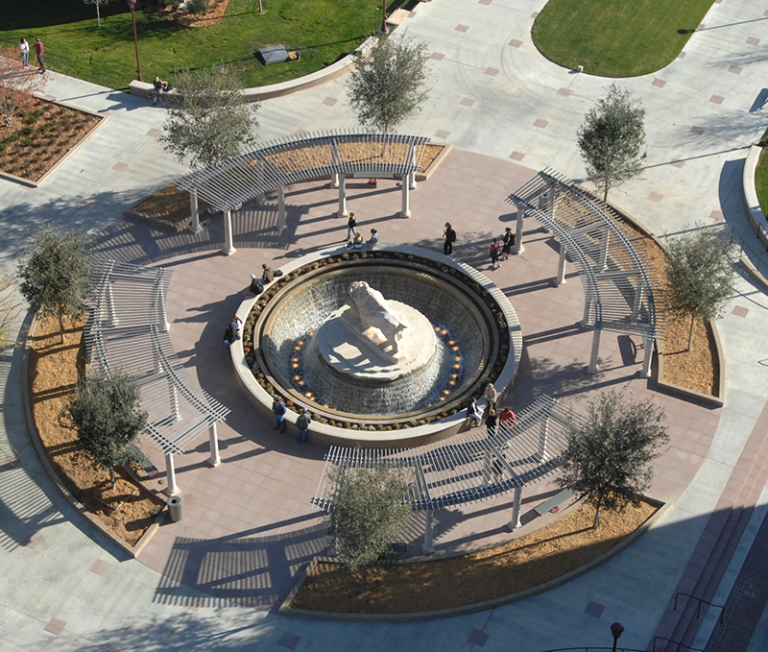Distinctiveness is the strength of any organization. True at any time, in any place, its importance is magnified when the competitive climate intensifies. We own geographic distinctiveness. The location above, the front steps of the recently renovated Morris Library, is at the very heart of our university. No two entities can occupy the same place at the same time. Isaac Newton knew it.
But any university can say that. The job of the university is to understand its uniqueness in a way that marks it to a wide audience.
Our place in Southern Illinois is appreciated for its environmental and climatological distinctiveness. The Shawnee Forest and its environs are special places to work and live. The lakes and hills, the fauna and flora, the rivers and valleys all provide a framework into which a people can fit very nicely.
Stopping there stops short.
We are the northern frontier of one of the most important geographic regions of the world: the Mississippi Delta Region. Over 250 counties and parishes in 8 states lay between the Route 13 corridor in Southern Illinois and the Gulf of Mexico – a treasure that we do not fully appreciate for its impact on the rest of the world. Nor do we always see the deep seated need for attention that resides here.
We have an obligation to understand our location beyond the political boundaries of cities and counties, regions and states.
These boundaries are defined not just by geographic features, but also by infant mortality, low birth weight, obesity, childhood diabetes, cancer incidence, low or under employment, poverty of every stripe, low educational attainment, weakened economy; agricultural strength, powerful faiths, racial and cultural histories, work ethic, music that effects the world, shipping and transportation access..
These issues don’t know the political boundaries erected by men.
The job of the university is to find its fit in the complex array of forces and ideas that define the place we call home.
A few years ago, the Center for Delta Studies was established and charged with addressing the opportunities and needs of the Mississippi Delta Region. This is hard to do for a university whose people have more in common in every measure with the people who live and work south of us – outside our political confines – while the power and money flow from the people who live and work north of us – within our political borders. Our place in the world is more determined by the machinations of the collar counties of Lake Michigan than the people on the shores of the Gulf of Mexico and the banks of the Mississippi.
It takes strong leadership to address the gap represented in this simple notion. It is nearly impossible to find bold, apolitical, visionary leadership. To be sure, the northern forces are family but, by any statistical measure we are part of the southern tier of places that front the Gulf of Mexico rather than the northern tier of places that lie at the edge of Lake Michigan.
We are “tweeners”, but this is not a curse.
If leadership recognizes our place, we have a golden opportunity to become a powerhouse and a bridge between the Mississippi and Ohio Rivers, and a crossroad between the Atlantic and Pacific Oceans.
We must continually rediscover Southern Illinois. T.S. Eliot wrote “We shall not cease from exploration, and the end of all our exploring will be to arrive where we started and know the place for the first time”.
37°42’55.85”N, 89°13’16.01”W, 444.00’





[…] 37°42’55.85”N, 89°13’16.01”W, 444.00’ http://walterwendler.com/2009/03/our-university-37%c2%b042%e2%80%995585%e2%80%9dn-89%c2%b013%e2%80%9…. […]